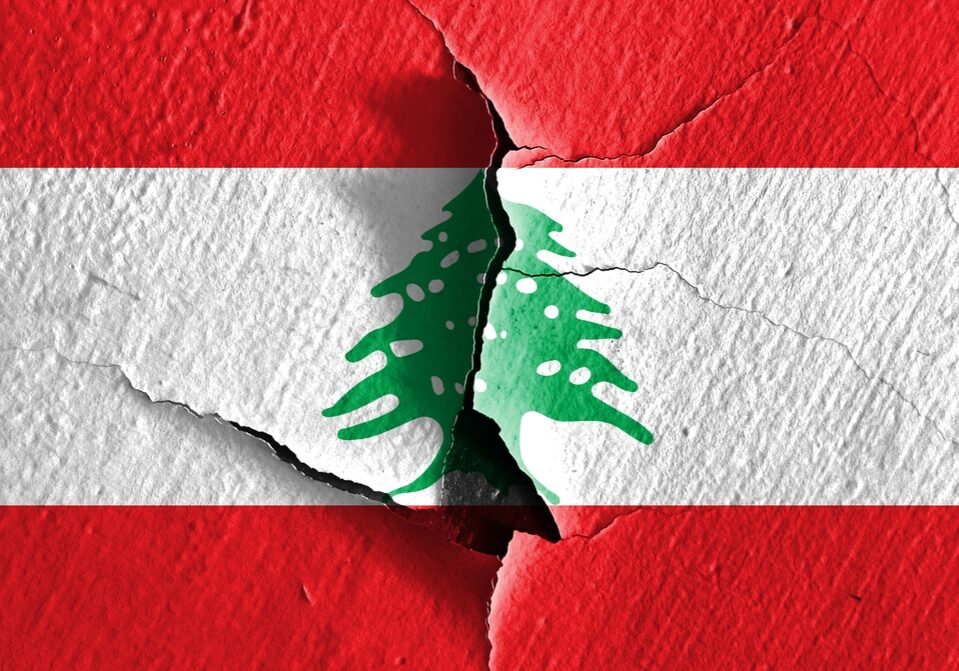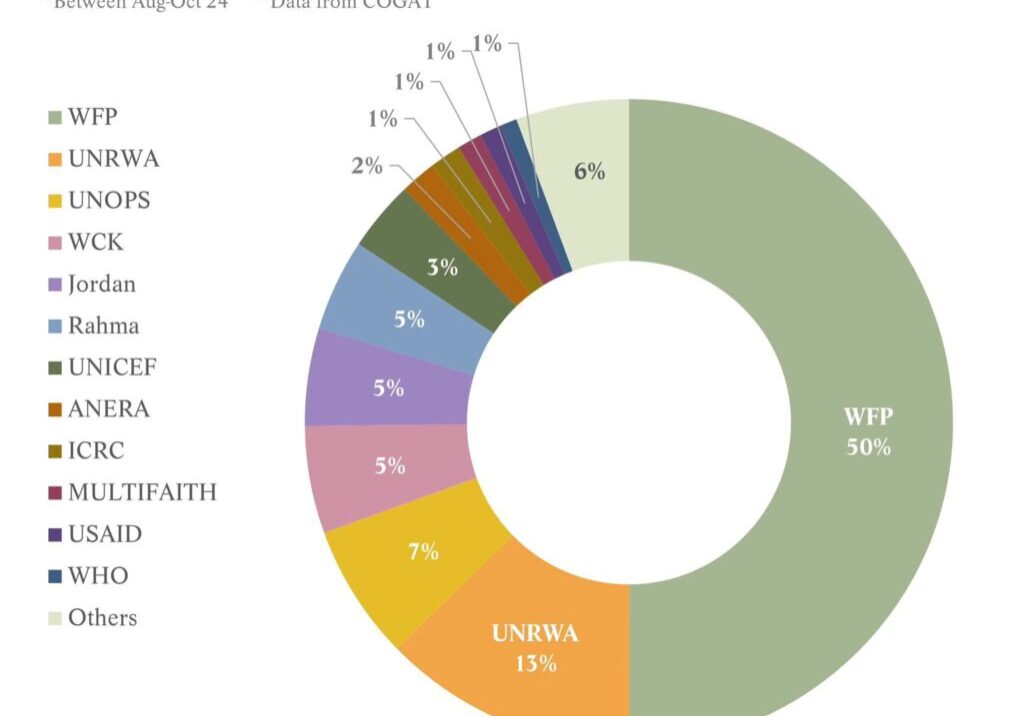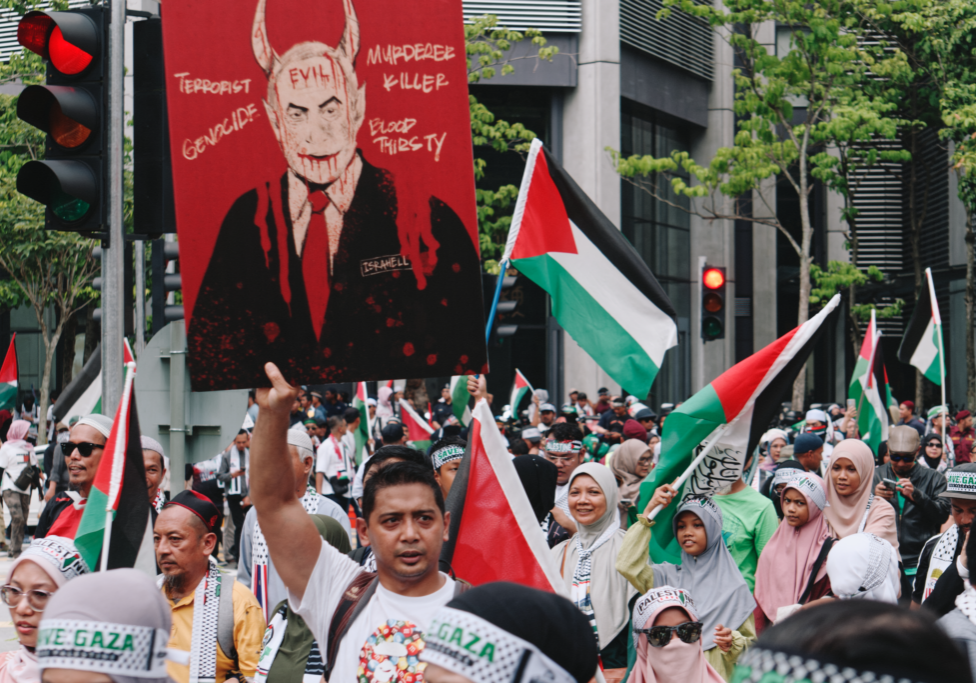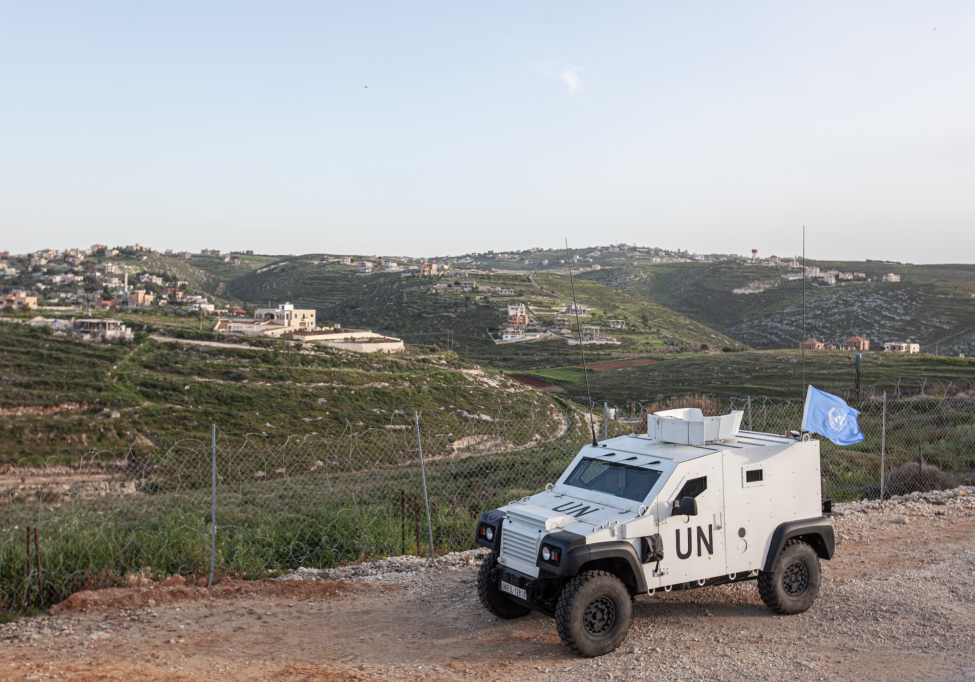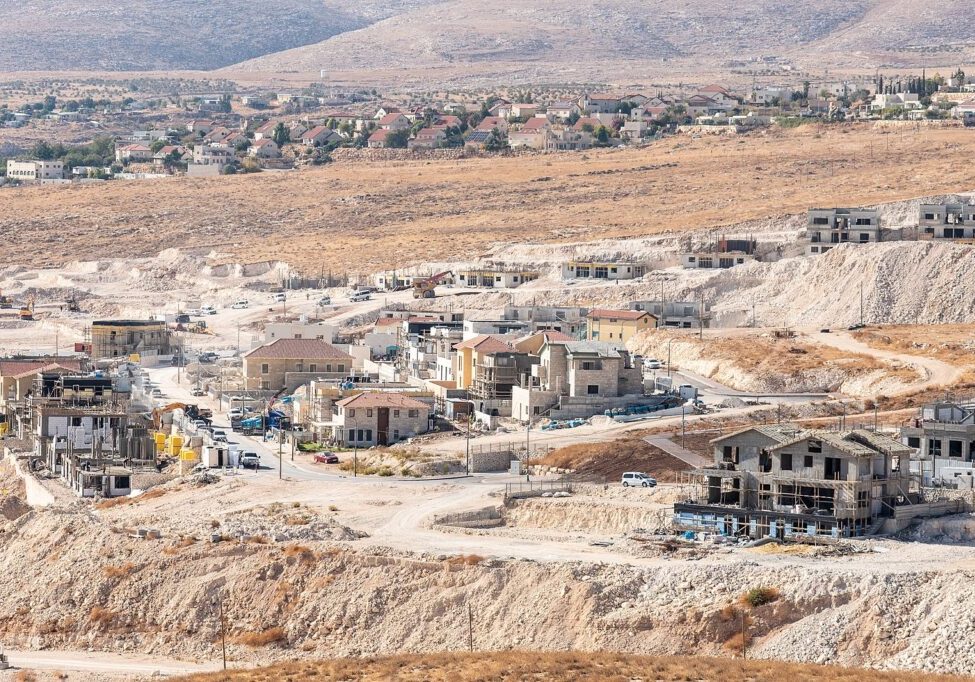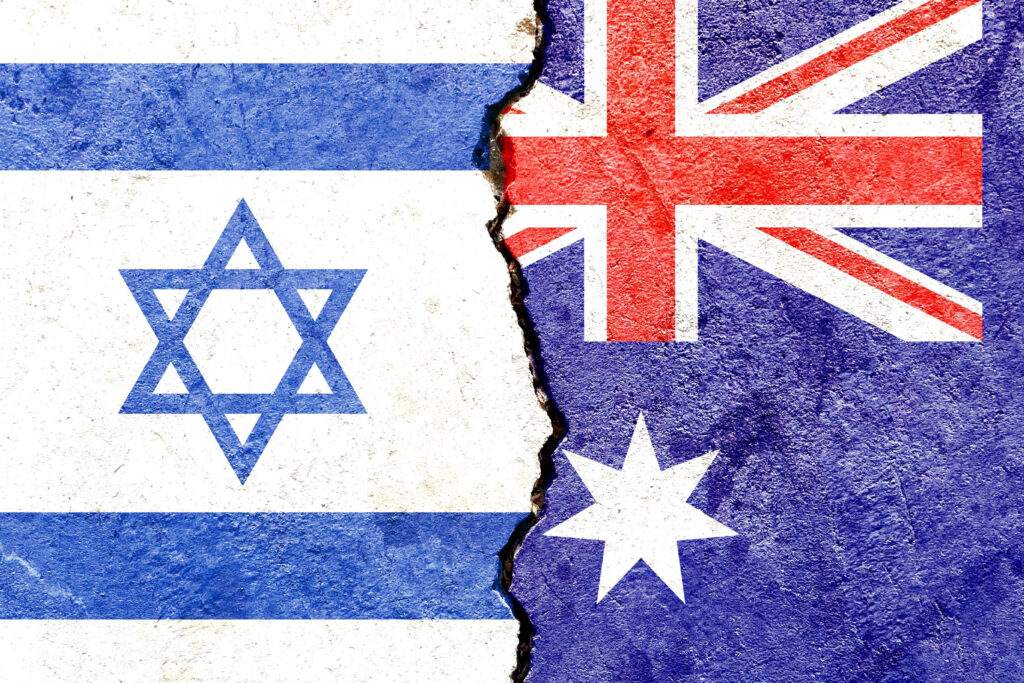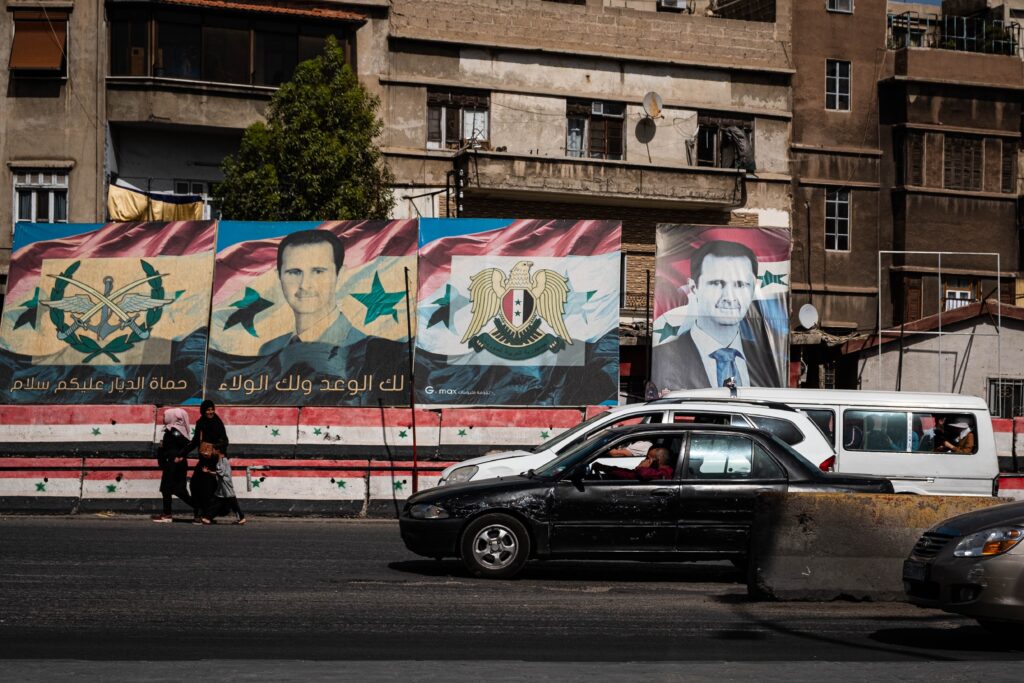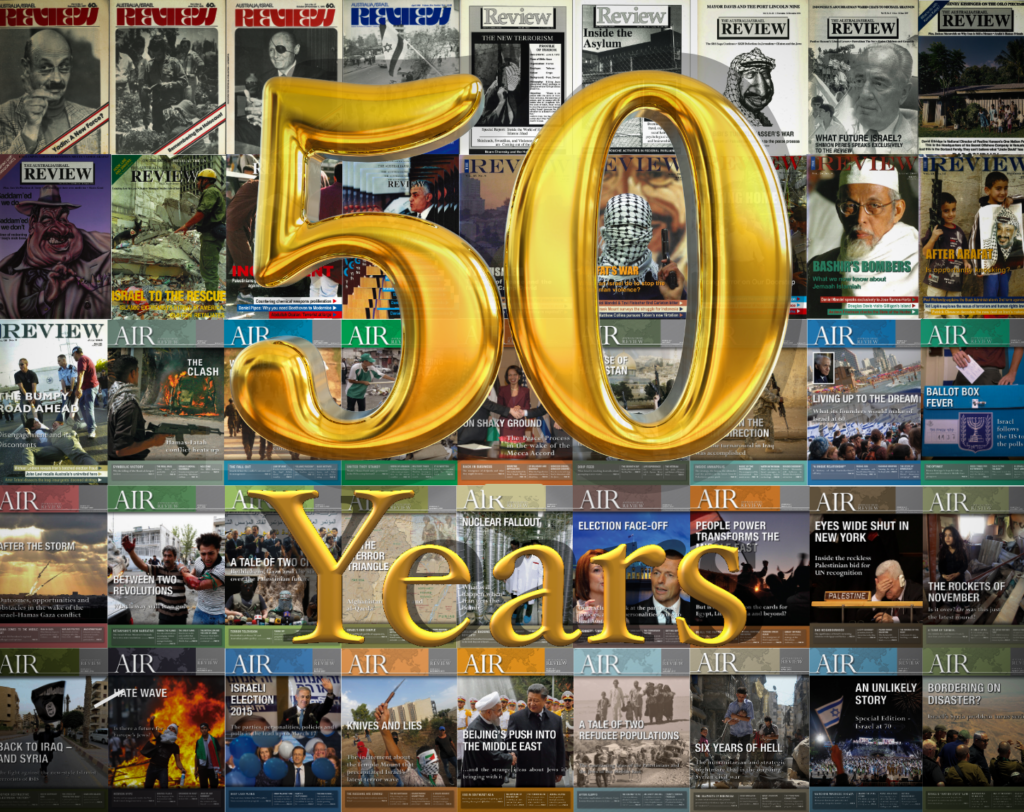FRESH AIR
UNIFIL, the LAF and the myth of Lebanese sovereignty
Nov 13, 2024 | Oved Lobel
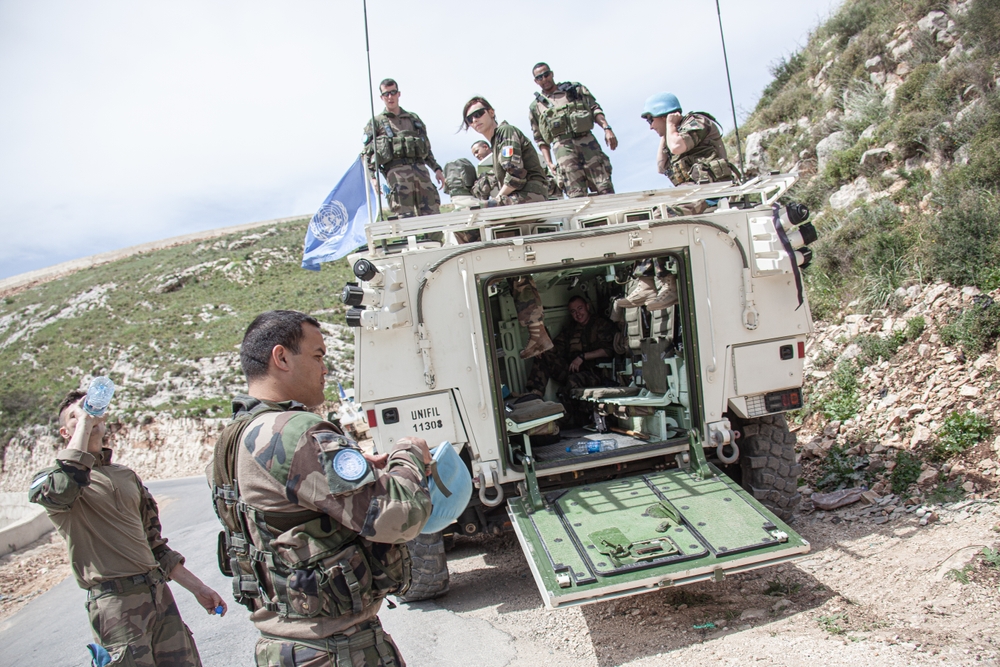
Much has been written about the impotence of the United Nations Interim Force in Lebanon (UNIFIL) and its de facto collaboration with Hezbollah and other terrorist groups.
This has been true since the force was first established in March 1978. As a January 1986 CIA assessment put it, UNIFIL “has never succeeded in inhibiting armed Lebanese or Palestinian factions” and “rarely interdicts guerrilla units or their supplies as they transit UNIFIL zones.” The CIA continued, “most of these groups operate with impunity throughout the areas patrolled by” UNIFIL and “view UNIFIL with contempt.” Importantly, that assessment noted that “UNIFIL has had practically no effect on the growth or activities” of Hezbollah.
Even in the 1980s, after being directly and systematically attacked by Hezbollah and its allies, who claimed UNIFIL was blocking their ability to conquer and destroy Israel, UNIFIL did nothing.
But there is an absurdity at the core of UNIFIL’s mandate that goes deeper than merely being another useless or even counter-productive UN peacekeeping force, one which accounts for the impossibility of implementing UN Security Council Resolution 1701, which ended the 2006 war between Israel and Hezbollah.
Resolution 425 of March 1978, which established UNIFIL, states its purpose was, inter alia, “Assisting the Government of Lebanon in ensuring the return of its effective authority in the area.” Resolution 1701, meanwhile, mandates UNIFIL “accompany”, “support” and “assist” the Lebanese Armed Forces (LAF) in implementing it so that “there will be no weapons or authority in Lebanon other than that of the Lebanese State.”
And therein lies the absurdity: there is not really a “Government of Lebanon”, and what passed for one never had genuine authority over the south of the country. As for the LAF, it is not an independent national military and is structurally incapable of fulfilling the role envisioned for it.
The myth of Lebanese sovereignty
As documented by Alex Rowell, Lebanon’s sovereignty was first effectively ceded to Egypt in 1958 after Egyptian leader Gamal Abdel Nasser – at the time also ruling Syria as part of the short-lived United Arab Republic – sponsored an insurgency against Lebanon’s government which ended in his preferred puppet, Lebanese general and founder of the LAF Fouad Chehab, becoming president.
Meanwhile, Palestinian harassment and intimidation of the Lebanese, as well as terrorist attacks against Israel, which drew Israeli reprisals against Lebanon, led to a low-level war in 1969 between the Palestine Liberation Organisation (PLO) – formed under Nasser’s auspices in 1964 – and the LAF. This ended in 1969 with Nasser brokering the Cairo Agreement, which essentially stripped Lebanon of its veneer of sovereignty by granting the PLO official control over the Palestinian refugee camps and enabling it to recruit and arm fighters and to launch attacks against Israel.
The agreement was used by the PLO to construct a state-within-a-state and arm and train a plethora of groups across the political and religious spectrum during the early 1970s, a phenomenon that only worsened when Jordan expelled its own PLO state-within-a-state in 1970-1971 and the PLO’s leadership relocated to Lebanon. This Palestinian presence upset the delicate sectarian balance of Lebanon, and the PLO’s seditious activity, lawlessness and terrorism against both Israel and Lebanese opponents led to the outbreak of the Lebanese civil war in 1975, thus ending even the façade of an independent Lebanese government for the next 15 years.
By this time, Nasser was dead, and his successor, Anwar Sadat, was engaged in peace talks with Israel. Dominion over Lebanon therefore passed to Hafez al-Assad of Syria. From 1976-1990, Syria allied with and then attacked various factions involved in the civil war until Damascus finally gained full control of the country, crushing the last pocket of Christian resistance by the end of 1990. For a month in 1982, Israel had tried to install its own proxy as President of Lebanon, Bashir Gemayel, but he was quickly assassinated by the Syrian Social Nationalist Party (SSNP).
While the façade of Lebanese politics was allowed to continue in some form under Syrian suzerainty, power in every sphere ultimately lay in Damascus and, at that stage to a lesser extent, in Iran. But in 1991, the Soviet Union, the source of Syria’s regional power, collapsed, leaving Syria dependent on Iran, which became the dominant partner in the relationship.
In 2005, the Lebanese section of Iran’s Islamic Revolutionary Guard Corps (IRGC) – which adopted the name Hezbollah, among others, during the civil war – killed former Lebanese Prime Minister Rafiq Hariri and dozens of others, leading to mass protests and increasing international pressure, ultimately forcing Syria to withdraw its forces from Lebanon and leaving Hezbollah the strongest force in the country.
Both Rafiq Hariri and his son Saad were also partially beholden to Saudi Arabia during their premierships, with the latter born there and the former acting as Saudi Arabia’s envoy and political advisor during and after the civil war. Even they can’t be considered independent Lebanese figures, despite not being as loyal to the Syrian-IRGC regime as the latter would have preferred. Saudi Arabia even took then Prime Minister Saad Hariri hostage in late 2017 and forced him to resign, an abortive attempt to change the Lebanese status quo that went nowhere and only served to reinforce the fact that nothing could challenge or undermine Syrian-IRGC rule.
Syria’s withdrawal in 2005, and the unilateral war Hezbollah initiated against Israel the following year, led to one last attempt to assert Lebanese sovereignty. While a low-level civil war raged throughout 2007, the Lebanese Government tried to rip up Hezbollah’s private telecommunications network and replace its agent overseeing the Beirut airport. This ended in Hezbollah’s armed takeover of West Beirut in May 2008, a final defeat for the notion of an independent Lebanese state by the joint Syrian-IRGC occupation.
Nothing was ever done about Rafiq Hariri’s murder – despite UN tribunal indictments – or any of the subsequent assassinations by Hezbollah and its Assad regime allies. In 2012, for instance, top Lebanese security official Brig. Gen. Wissam al-Hassan, formerly the head of Hariri’s security team, was murdered in another car bombing. Many journalists, critics, and military and security officials have been assassinated both before and since.
There has not been a truly sovereign Lebanese government since the 1950s, and since 2005, Hezbollah has collapsed or paralysed the “Lebanese Government” façade whenever it feels the need, blocking any presidential candidate who will not play their assigned role as a Syrian puppet. After Syria took full control of Lebanon in 1990, it changed the constitution to ensure its chosen candidates – since 1998, always former or current commanders of the LAF – ruled Lebanon as a de facto province of Syria on behalf of the Assads for as long as Damascus wished.
Under the 1989 Taif Agreement, which technically ended the civil war, “all Lebanese and non-Lebanese militias” were meant to disband. Hezbollah and affiliated terrorist groups were exempted from the Syrian-led process in order to allow the Iranian and Syrian regimes to convert Lebanon into a vast training camp for an alphabet soup of terrorist organisations – from elements of what became Al-Qaeda to Hamas and Palestinian Islamic Jihad, among others – and springboard to attack Israel unchallenged.
Hezbollah continues to argue implausibly and baselessly that it isn’t covered under the Taif Agreement by virtue of its being a “resistance” group and not a militia. UN Security Council Resolution 1559, which in 2004 echoed Taif and called for all militias in Lebanon to disband, has been ignored.
Today, thanks to obstruction by Hezbollah and Syria, Lebanon has been without a president for two years. Such periods are not unusual; Lebanon also went without a president from May 2014 to October 2016. Lebanon’s venal “parliament”, meanwhile, voted to extend its term in office from 2009 to 2018 instead of holding elections, and has virtually no role to play in actual governance regardless. When elections are held, they are marred by fraud and merely serve as Lebanese democratic window-dressing for the Syrian-IRGC regime.
The LAF
Like the government it is meant to serve, the LAF is closer to a cripplingly sectarian fiction than an independent entity.
Already in 1981, a CIA intelligence assessment noted that LAF personnel “still owe primary allegiance to their religious groups” and “would again split along confessional lines” in the event of sectarian fighting and “cannot act with authority without the acquiescence of the Syrians, Palestinians, or major Lebanese factions.”
Since Lebanon’s establishment, the LAF has been a “neutral army”. What this means in practice is that the LAF can do very little without shattering itself along confessional lines. The LAF as an institution has therefore played essentially no role in the political or military history of Lebanon. It did not participate in the 1948 Arab invasion of Israel or the 1958 insurgency, and just sat and watched as Hezbollah took over Beirut in May 2008, having no mandate to intervene and knowing it would collapse immediately into sectarian warfare if it tried.
Upon gaining full control of Lebanon in the 1990s, Damascus itself directly rebuilt the LAF as nothing more than an extension of the Assad regime. The LAF’s only real mandate is to help crush Lebanese protests by beating, disappearing, torturing or killing protesters, and to act as an auxiliary force for Hezbollah to deal with Sunni jihadism in the country.
The number of Shi’ites in the LAF – most of whom are Hezbollah loyalists, if not actual operatives – has also been steadily rising, estimated at about 40% of its combat force as of April 2014. Thus, not only is the LAF in effect the gendarmerie of the Syria-IRGC occupation, but it is also thoroughly infiltrated by Hezbollah. Other security institutions, like the General Security Directorate, were also handed by Syria to Hezbollah in the 1990s.
There will always be individuals in Lebanon who are not loyal enough for the liking of Syria and the IRGC. Such people, like Rafiq Hariri or Wissam al-Hassan, are assassinated in short order. Even if the LAF were a truly independent force, which it emphatically is not, its commanders would understand this and act accordingly. Captain Wissam Eid – a senior terrorism investigator who played a key role in investigating Hariri’s assassination – was himself assassinated in January 2008 because he did not follow these rules. And, assuming he was killed by Syria, neither did Major General François al-Hajj, assassinated in December 2007.
The long-standing mantra of Hezbollah has been “the people, the army, and the resistance (i.e. Hezbollah)”, rendering the LAF, in Hezbollah’s view, a partner in its campaign to destroy Israel. As mentioned above, the slogan is used to try and legitimise Hezbollah as an independent armed actor in contravention of the Taif Agreement and Resolution 1559.
UNIFIL can’t fulfil its mandate under any circumstances
Even if UNIFIL were a fully functional force, its mandate is to help restore the sovereignty of a government that doesn’t really exist by assisting a military that was built by and is subordinated to the Syrian-IRGC occupiers of Lebanon which would crumble into sectarian civil war if asked to do anything Hezbollah opposes.
It certainly doesn’t help that the largest contingent of troops in UNIFIL, more than 1,200, is from Indonesia, while more than 800 UNIFIL troops are from Malaysia. Neither country recognises Israel, and the latter openly and materially supports Hamas. Some of these soldiers likely sympathise with and perhaps even facilitate Hezbollah and other terrorist groups in Lebanon, as has been documented in other conflict zones such as Bosnia.
UNIFIL did what it was mandated to do by 1701, deploying with the LAF to southern Lebanon. But that was the full extent of what it could do given the realities described above. Even when it is routinely harassed, restricted, threatened or even attacked by Hezbollah and its loyalists in the south, UNIFIL does not respond; it operates solely at the pleasure of Hezbollah.
As Israel was about to begin ground incursions on October 1, the LAF simply withdrew from its positions in the area. It has actually been there all along since 2006, alongside UNIFIL, passively watching and occasionally actively facilitating Hezbollah’s military buildup. In keeping with its history since its establishment, it has done nothing since.
The idea that UNIFIL will suddenly be able to assist the LAF in doing what it has always been inherently incapable of doing, and in the name of an illusory “Government of Lebanon”, recalls that famous definition of insanity being the act of doing the same thing over and over again and expecting different results. The LAF cannot and will not disarm Hezbollah or even obstruct its activities, and UNIFIL cannot be empowered to go to war with Hezbollah by itself to disarm it. Nobody would contribute troops under such a mandate, which would be vetoed in any case.
Any proposed diplomatic solution to the current war based on the fatally flawed formula of 1701 is doomed to fail.

